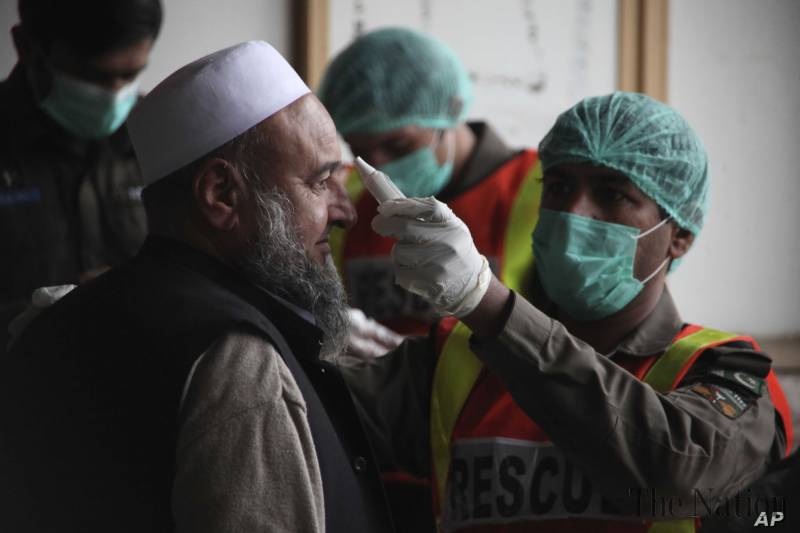Medicines and Vaccines
What is Autism?
All kinds of viruses, including coronavirus, are like hijackers. They enter your body and affect living, normal cells and then use these normal cells to multiply and produce viruses like themselves. This eventually kills the normal cells, which can make you sick.
Viruses are hard to treat because they hide inside the body so well. They reproduce quickly and have plenty of opportunities to change their genetic structure, making it difficult to treat viruses with medicines. As COVID-19 is caused by the family of coronaviruses, it is also changing its structure rapidly, which makes it hard to develop a proven effective medicine to treat it.

Scientists are working hard to discover effective treatments. Methods that are under investigation to treat COVID-19 include drugs that have been used to treat malaria. These are medicines that were developed for other viruses, and antibodies from people who have recovered from COVID-19.
Vaccines work best against viruses and are used to try and prevent people from getting sick in the first place. Vaccines are injected into the body, which results in the activation of the immune system. This activation produces proteins called antibodies which protect our body against infections. Right now, there is no vaccine for coronavirus.
While some western, traditional or home remedies may provide comfort and alleviate symptoms of COVID-19, there is no evidence that current medicine can prevent or cure the disease. WHO does not recommend self-medication with any medicines as a prevention or cure for COVID-19. However, scientists are trying hard to develop an effective treatment. In the meanwhile, follow these measures:
- Stay at home, social distancing has been proven to be the most effective prevention so far as human to human transmission is the cause of spread of this virus.
- To reduce fever and ease aches and pains, take the medicine ponstan which is a painkiller.
- Wash your hands with a soap or disinfectant sanitizer for 20 seconds.
- If you have to go out, wear a mask and stay at least 1-3 m away from other people.
- No expressive vocabulary by 16 months
- No meaningful two-word phrases (not including imitating or repeating) by 24 months
- Any loss of speech, babbling or social skills at any age
- Does not respond to name by 12 months
To boost your immune system:
- Eat well
- Stay well hydrated
- Does not babble by 12 months
- While you don't need to stay in bed, you should get plenty of rest.
- No expressive vocabulary by 16 months
- No meaningful two-word phrases (not including imitating or repeating) by 24 months
- Any loss of speech, babbling or social skills at any age
- Does not respond to name by 12 months
